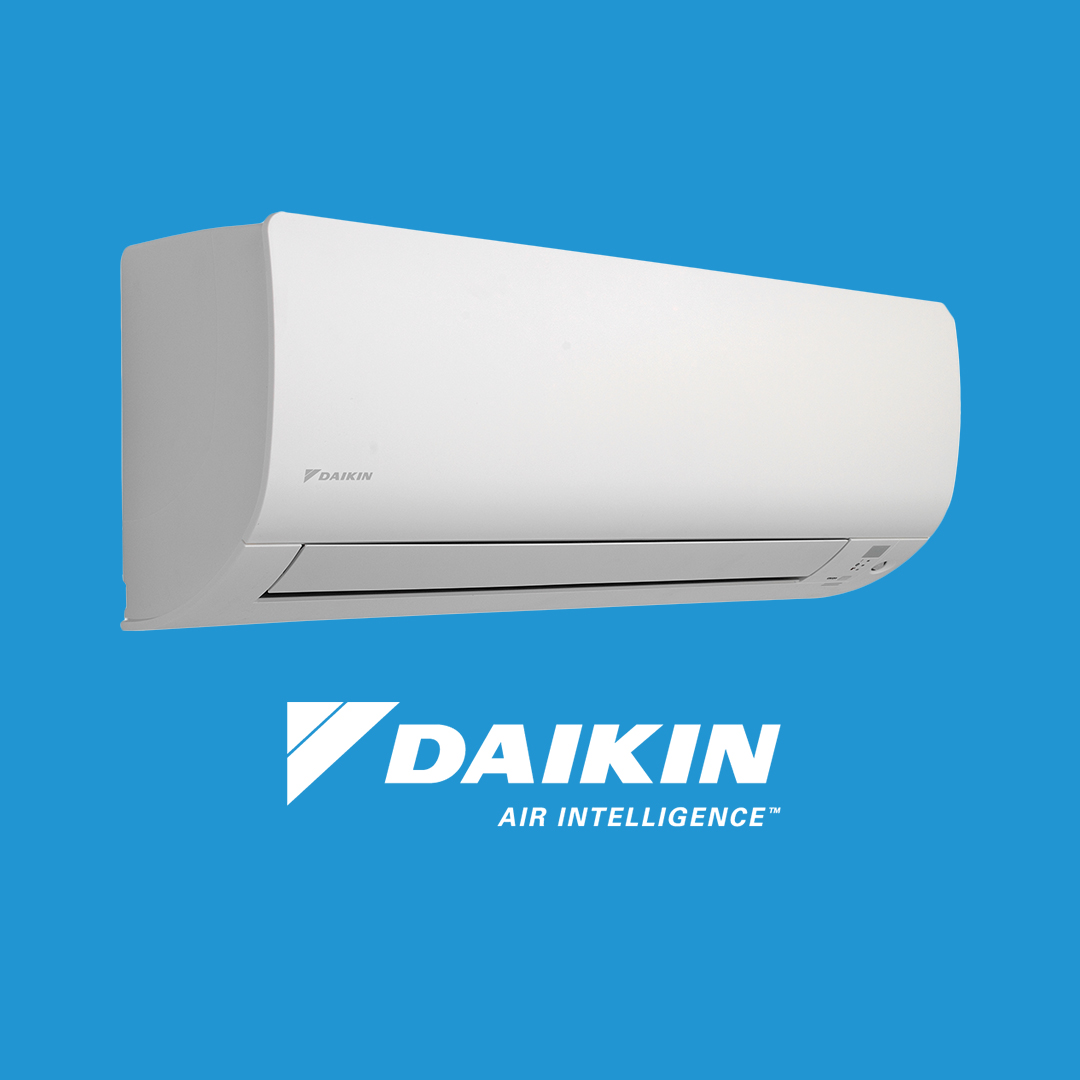
Daikin heat pumps are robust and reliable, but like any mechanical equipment, they will eventually break down if they aren’t properly cared for. There are a number of things you can do yourself to help keep your heat pump in top condition, like seasonal cleaning of your heat pump to avoid build-up of dirt or other contaminants—but sooner or later, your heat pump will need to be serviced by a professional.
We encourage all Daikin heat pump owners to make an annual maintenance appointment with an authorized Daikin dealer (like us) to ensure any minor issues are caught before they cause significant problems. If you are located in Halifax or Cape Breton and your ductless heat pump is ready for its cleaning maintenance, please contact us If you haven’t had your heat pump professionally maintained recently and are wondering if it’s time to book an appointment, here are five signs that your heat pump is no longer operating properly.
1. Increase in Electric Bills
Heat pumps are one of the most energy efficient home heating solutions, and assuming the cost of electricity remains the same, your heating and cooling costs should be roughly the same from year to year. If you see a sudden, unexplained increase in your power bill, it could be a sign that your heat pump is working harder than it should be.
This usually means that either the thermostat isn’t functioning properly, or some other internal component of the heat pump has been damaged. We will be able to quickly identify the cause and correct it.
2. Frequently Turning On and Off
If your heat pump is repeatedly cycling on and off, it may not be costing you more than usual, but it can damage the lifespan of the equipment. Turning on and off too frequently is often a sign that the heat pump has become too dirty, although it can also sometimes be related to a thermostat issue.
3. Unusual Noises
Most heat pumps are relatively quiet. If your heat pump is making unusual or unexpected sounds, it almost always means there’s something mechanically wrong. Grinding or whirring noises can indicate a sign of a problem with the fan’s motor, while clicking or clanking noises can sometimes indicate more significant electrical issues.
4. Ice Buildup on Coils
If you notice ice building up on the coils of your unit, it could be caused by a few different issues. These issues include, dirty filters reducing airflow over the coil, broken PCB, blocked return ducts (ducted systems), your thermostat being set too low, and blower motor burnt out, simply to name a few. Call us as soon as possible to determine if there’s a leak that needs to be fixed.
5. Inconsistent or Poor Temperature Control
If your heat pump isn’t consistently maintaining the temperature you want (either in warming or cooling mode), depending on the age, it’s possible that your heat pump is simply approaching the end of its lifespan and will need to be replaced. However, it’s just as likely that there is some relatively minor problem such as a refrigerant leak, compressor issue, or damaged thermostat—all of which are easily fixable by a professional, which will save you the expense of replacing your heat pump.
The Importance of Annual Maintenance
We recommend booking annual maintenance appointments because, by the time you notice any of these issues, they will already be costing you money. A quick inspection from an expert can help identify these kinds of problems as they’re developing before they require more extensive (and more costly) repairs.
We sell, service and install heat pumps in greater Halifax as well as Cape Breton. If you haven’t had your annual maintenance appointment yet this year,
